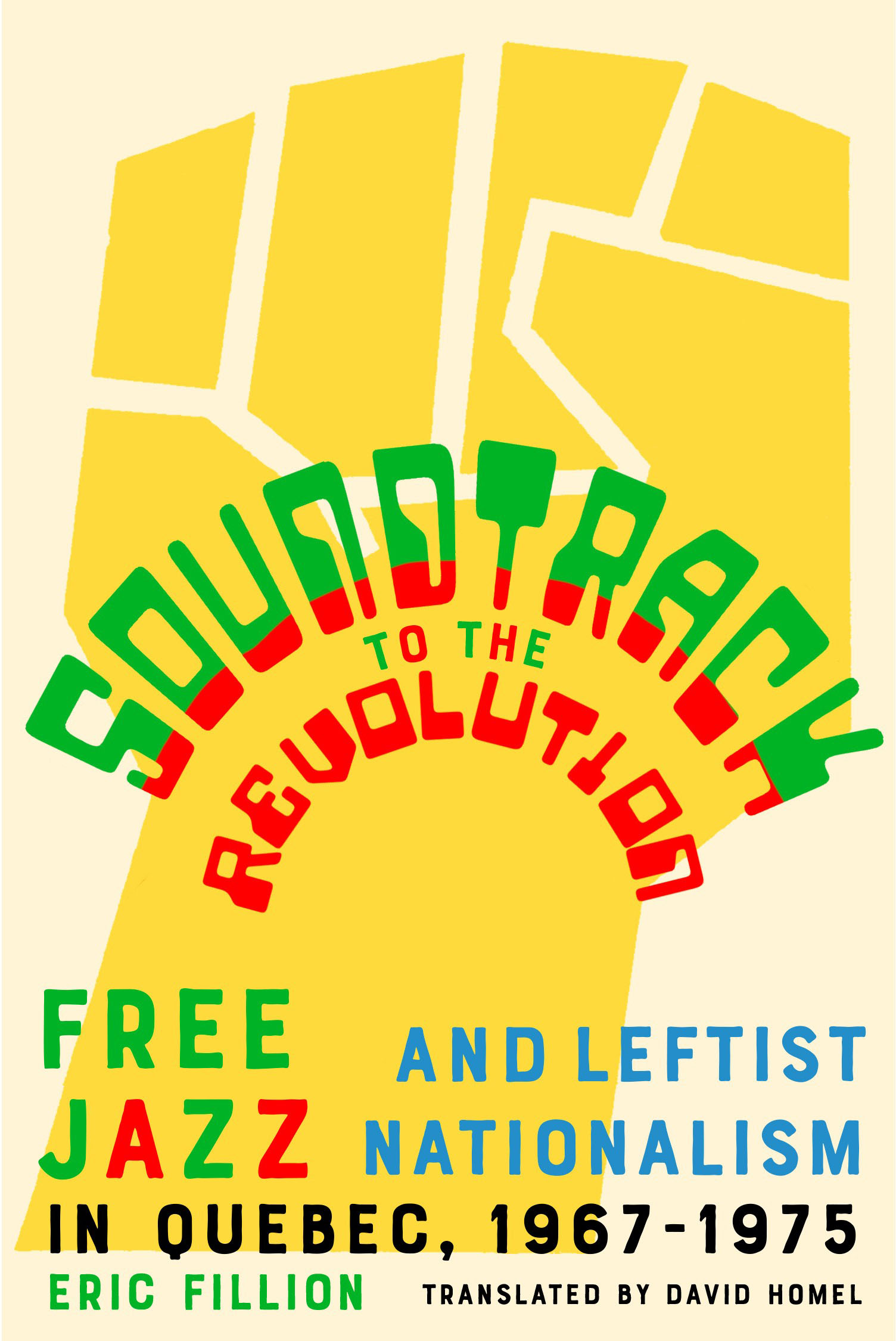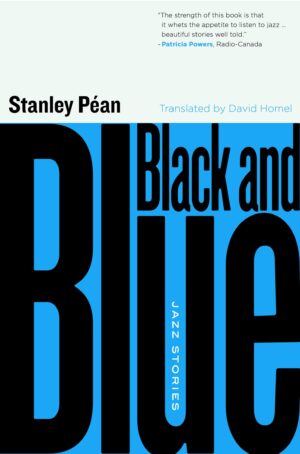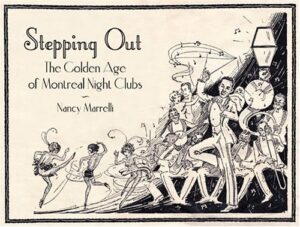Soundtrack to the Revolution: Free Jazz and Leftist Nationalism in Quebec 1967-1975
Translated by David Homel
Price range: $15.99 through $24.95 CAD
Publication date: May 1, 2025
200 pages
7.5 x 5 inches
ISBN: 9781550656855
|
Ebook $15.99 CAD |
|
|
Trade Paperback $24.95 CAD |



